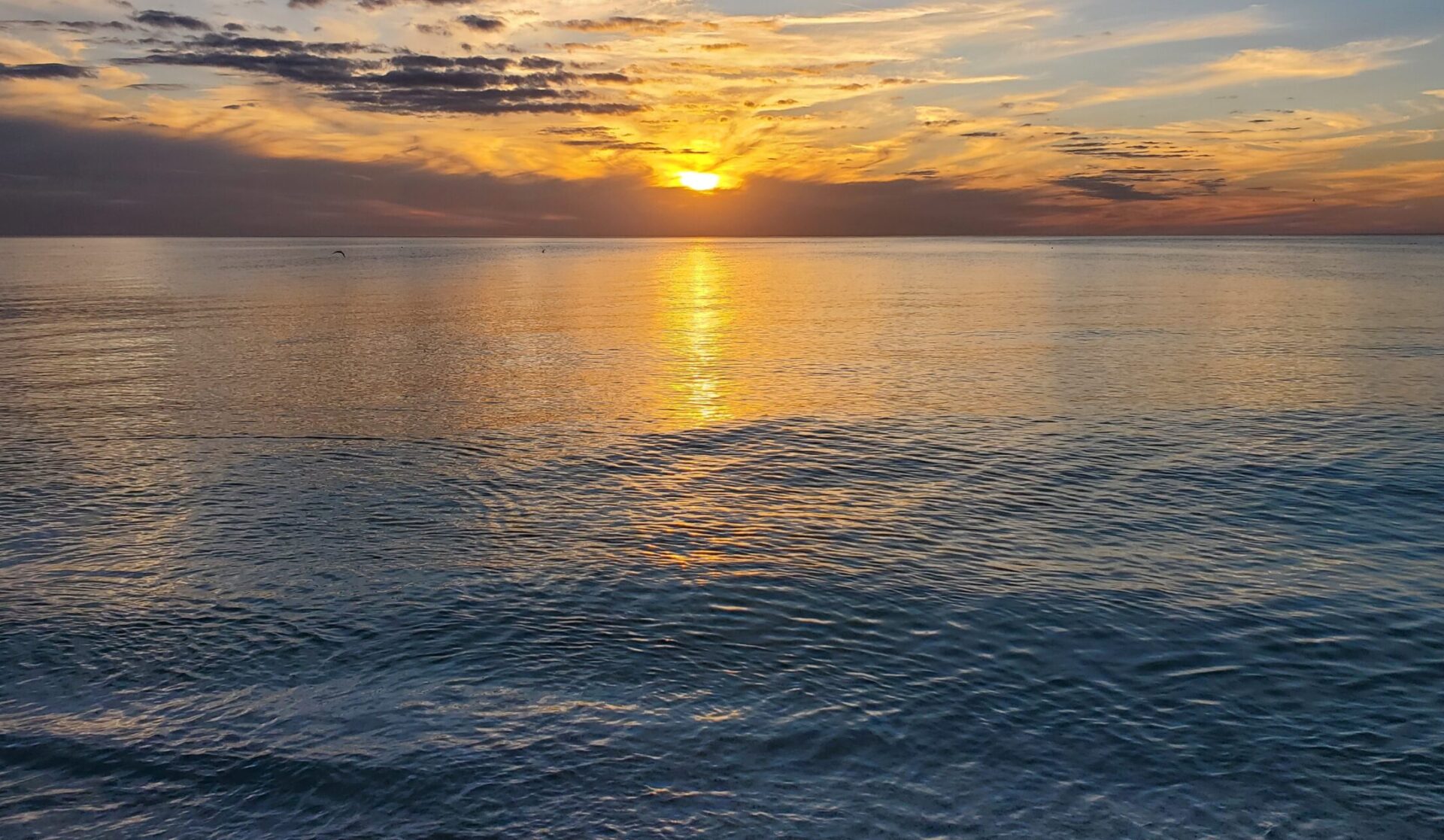It seems we can not find what you are looking for. Perhaps searching can help.
Freestone Laboratory — Community Ecology, Macroecology, Invasion Ecology

Community Ecology, Macroecology, Invasion Ecology

It seems we can not find what you are looking for. Perhaps searching can help.